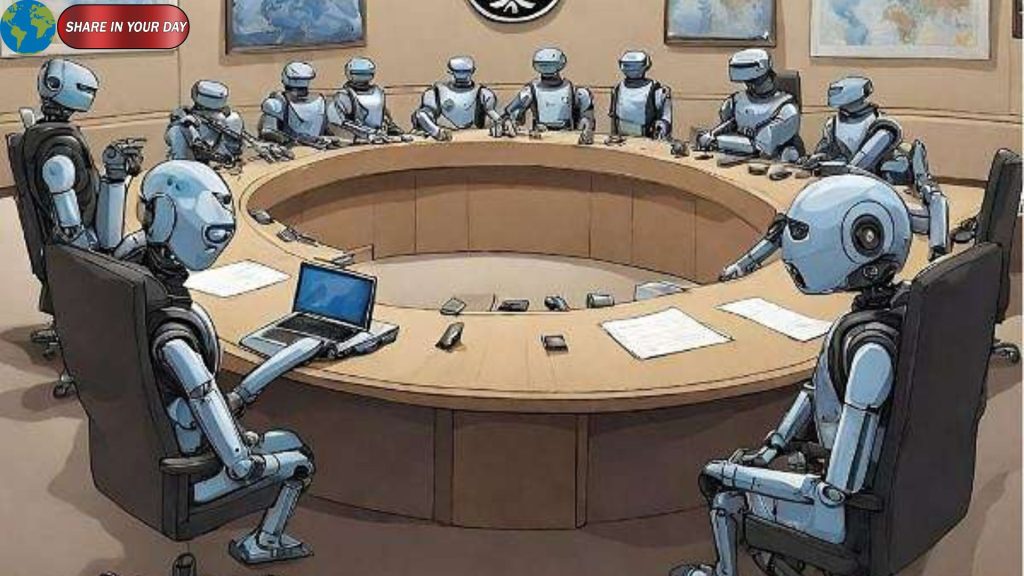Consciousness Debate Intensifies as AI & Robotics Surge: Scientists Call for Clarity
A sweeping new review published in Frontiers in Science warns that the debate around consciousness has entered a critical juncture. With advances in artificial intelligence (AI), robotics and neurotechnology accelerating, researchers are sounding the alarm: our scientific grasp of consciousness remains fragmented—and that gap holds profound implications for society.
The urgency of the moment
According to lead author Axel Cleeremans of the Université Libre de Bruxelles, consciousness science is no longer purely philosophical. He argues that “understanding consciousness is one of the most substantial challenges of 21st-century science — and it’s now urgent due to advances in AI and other technologies.”
In practical terms, the review identifies how the emergence of machines that mimic—or could accidentally acquire—traits of awareness forces us to re-examine definitions of sentience, agency, and responsibility.
Key theories under review
The paper offers a tour of the major frameworks attempting to explain consciousness:
Global Workspace Theory (GWT): Consciousness arises when information is broadcast across a neural “workspace” accessible to multiple systems.
Higher‑Order Theory (HOT): A mental state becomes conscious when another mental state represents it (i.e., awareness of awareness).
Integrated Information Theory (IIT): Consciousness emerges in systems exhibiting high integration and unity of information.
Predictive Processing Theory: Conscious experience is shaped by the brain’s best predictions about sensory input, constantly refined by feedback.
While each framework contributes valuable insight, none has yet achieved consensus or full explanatory power.
Why it matters now
The review identifies several domains where a clearer understanding of consciousness is becoming critical:
Medicine & neuro-care: More refined diagnostics could transform care for patients in coma, vegetative or minimally conscious states.
Mental health: Better insights into subjective experience may inform therapies for depression, schizophrenia and other conditions.
Animal welfare & synthetic biology: Recognising the conscious capacities of animals—or lab-grown brain organoids—would reshape ethical frameworks for farming, research and conservation.
Law & policy: As neuroscience blurs the boundaries of decision-making and consciousness, legal notions of intent, culpability and responsibility may need revision.
AI & robotics: If machines approach forms of awareness—or are treated as though they do—the ethical stakes escalate dramatically. Some researchers argue computation alone may not give rise to “true” consciousness, yet the appearance of sentience brings social risk.
A call for collective action
The authors emphasize that progress demands coordinated, multidisciplinary collaboration. They advocate adversarial collaborations—teams with competing hypotheses working side by side—to mitigate bias. They also call for the integration of phenomenology (the study of subjective experience) with mechanistic neuroscience. “Such collective efforts will be crucial to ensure society is prepared for the consequences of understanding or creating consciousness,” Cleeremans states.
Looking ahead
The road is far from clear. As the review underscores, despite decades of work mapping neural correlates of consciousness, the leap from neural activity to subjective experience remains elusive. But with technology pressing ahead, the stakes are higher than ever. The authors urge that we don’t wait until after the fact—preparation, clarity and restraint must come first.
Ultimately, the question is a profoundly human one: What does it mean to be aware? And how do we respond if that awareness is not exclusive to us?





